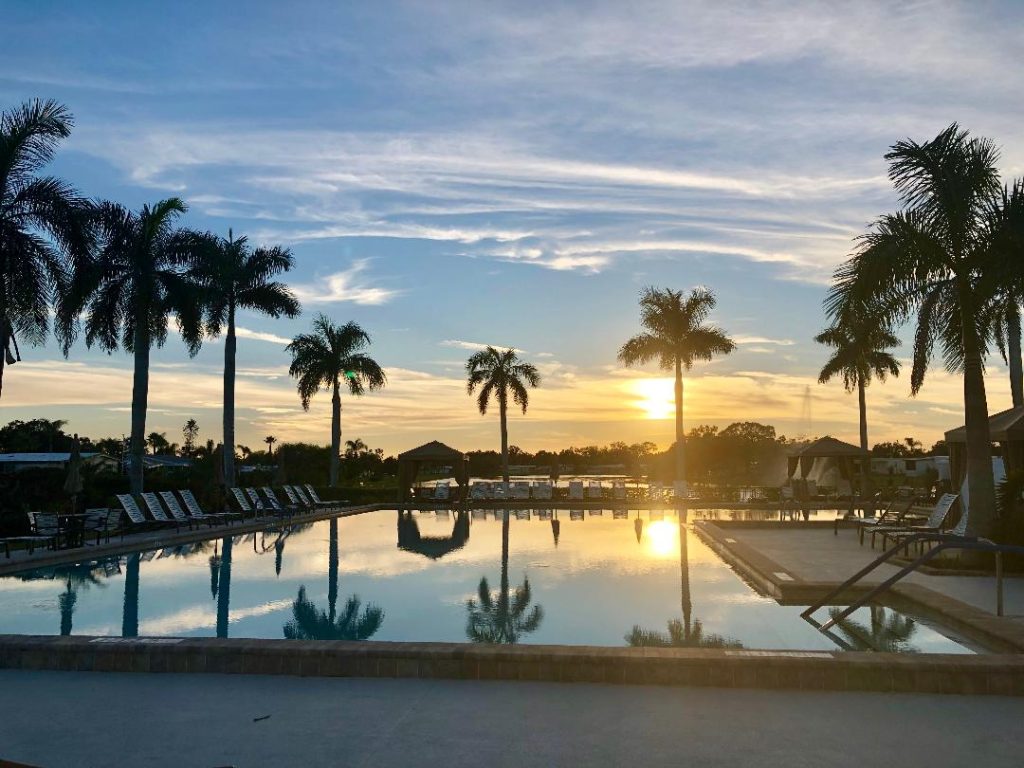If you’re shopping for a mobile or manufactured home in Florida, you’ve probably seen listings that mention “leased land” — and if you’re like most buyers, you might be wondering:
Do I still have to pay rent after I buy the home?
The answer is yes, but there’s a lot more context that matters. Below is a clear, straightforward explanation to help you decide if leased-land mobile home living is right for you.
What Does “Leased Land” Mean When Buying a Mobile Home?
When a mobile or manufactured home is located inside a park or community, the land is typically owned by the park, not the homeowner.
That means:
- You own the mobile home
- You lease the lot where the home sits
This setup is extremely common throughout Florida and is one of the reasons mobile homes are often much more affordable than traditional site-built homes.
Do You Pay Lot Rent After Buying a Mobile Home?
Yes. Even after purchasing the home outright, you’ll continue paying monthly lot rent to the community.
Lot rent usually covers:
- The land your home sits on
- Trash pickup
- Lawn maintenance
- Community amenities (pool, clubhouse, gym, library, etc.)
- Sometimes water, sewer, or cable (varies by park)
Most Florida mobile home communities charge lot rent monthly, not quarterly or annually.
How Much Is Lot Rent in Florida?
Lot rent varies by:
- Location
- Community amenities
- Age-restricted vs. all-ages parks
In Florida, lot rent commonly ranges from $600 to $1,500 per month, though some premium communities may be higher.
Even with lot rent, many buyers find their total monthly cost is still far lower than:
- A traditional mortgage
- Property taxes
- HOA fees
- Home insurance on site-built homes
Why Many Buyers Choose Mobile Homes on Leased Land
Leased-land mobile home living can be a great option for buyers who want:
- Lower upfront purchase prices
- No traditional mortgage
- Predictable monthly expenses
- Access to amenities without separate HOA fees
- Less maintenance responsibility
This is especially popular among retirees, seasonal residents, and buyers downsizing in Florida.
Important Questions to Ask Before You Buy
Before purchasing a mobile home on leased land, make sure you understand:
- The current lot rent and what it includes
- Whether the community is 55+ or all-ages
- How often lot rent increases
- Park rules, lease terms, and approval process
- Whether utilities are billed separately
A knowledgeable agent should explain all of this clearly before you commit to a purchase.
Is Buying a Mobile Home on Leased Land Worth It?
For the right buyer, yes. It can be an affordable, flexible way to enjoy homeownership in Florida — as long as you understand how lot rent works and choose the right community.
At Integrity Mobile Home Sales, we focus on helping buyers fully understand their options so there are no surprises later.
If you have questions about lot rent, communities, or available homes, we’re always happy to help.
Learn more at integrity-fl.com

